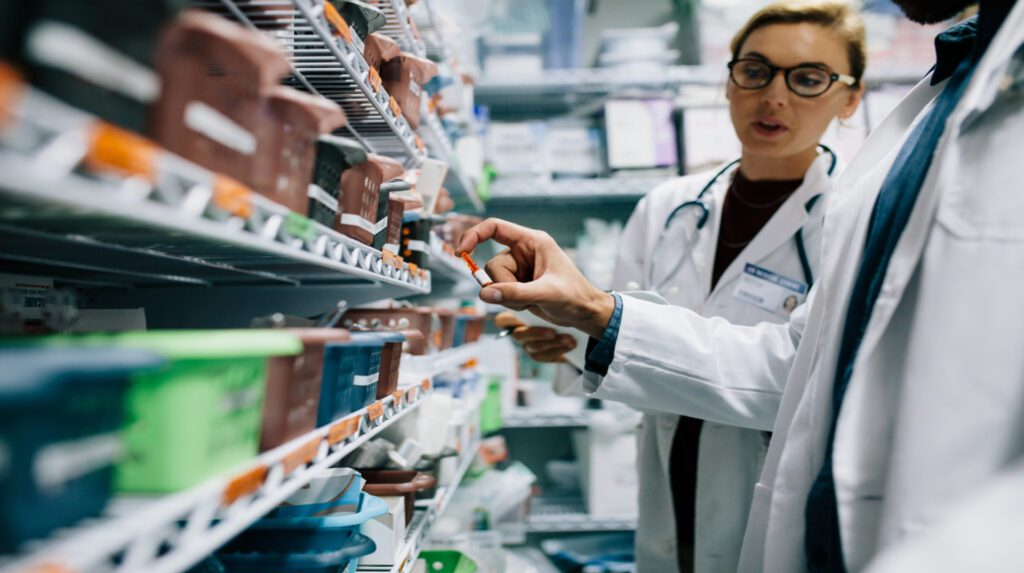In a hospital setting, pharmacy operations face the continual pressure of dispensing a wide variety of medications to patients who may be in a critical state, needing immediate medical intervention. Accuracy is naturally of the highest importance, but so is speed—slowing down to fill a prescription could cost time patients can’t afford to lose, but supplying the wrong drug or the wrong dose could be worse. In fact, as reported by the Academy of Managed Care Pharmacy (AMCP), medication errors are among the most common medical errors, with the costs of treating drug-related injuries in hospitals amounting to $3.5 billion annually. It can be devastating to reflect such a mistake might have been avoidable.
When an error occurs, it can be natural to blame the individuals involved in the incident first, but often the systems and procedures in place set the stage for avoidable problems. When people are performing repetitive manual tasks under pressure, having to switch gears between multiple steps, and pause at each stage to read over and verify information, the points at which mistakes can creep in multiply. Automation can help improve patient safety by streamlining your processes and improving accuracy, reserving critical human attention for higher-level tasks. Here’s how Tension’s pharmacy automation equipment and software can improve patient safety in hospitals:
1. Reducing Medication Errors: How many medications have confusingly similar names? How many medications can be beneficial at one dose and harmful at another? Automated medication dispensing in hospital pharmacies eliminates errors that might occur because a medication name or dosage was misread, or because an incorrect count was dispensed. Pharmacies can rely on consistent efficiency and accuracy around the clock. Read more >





